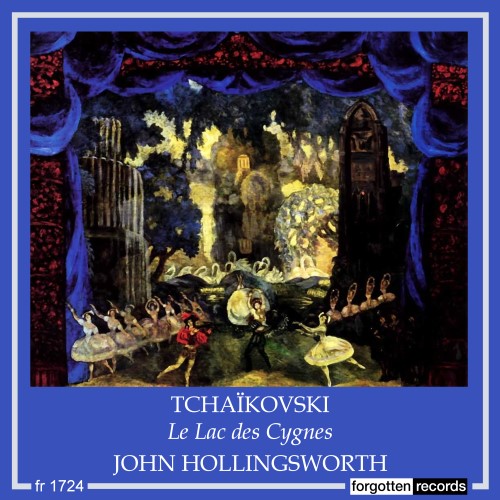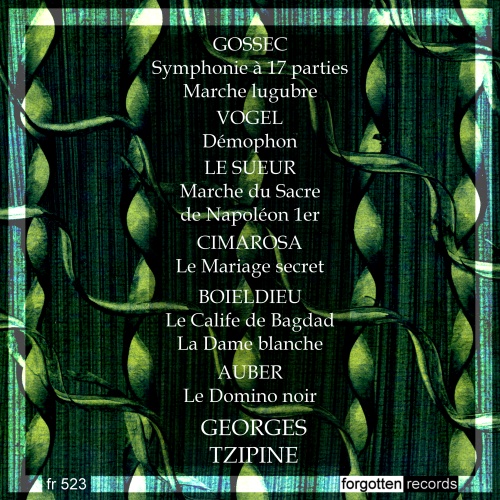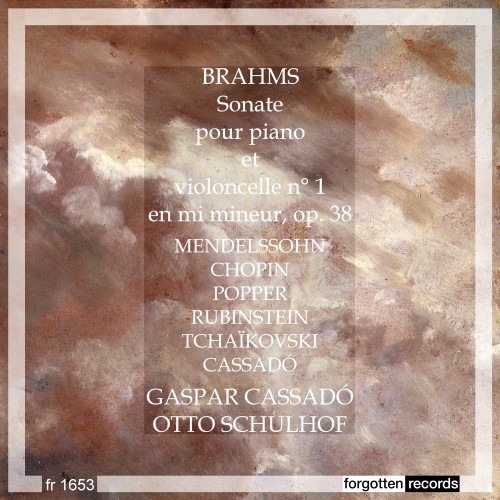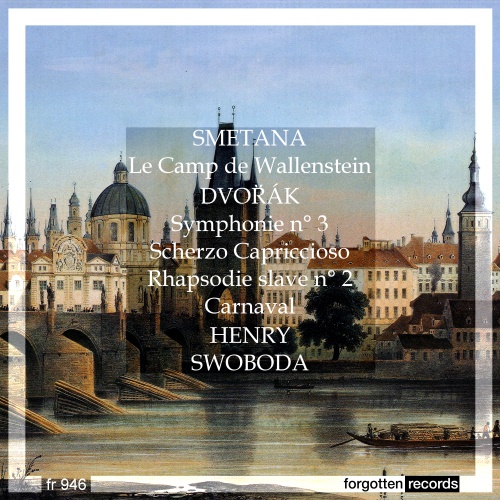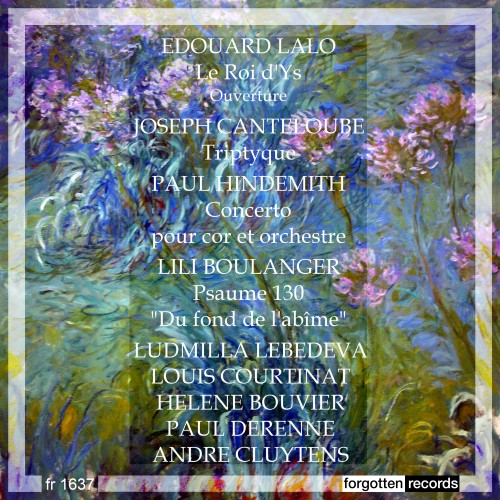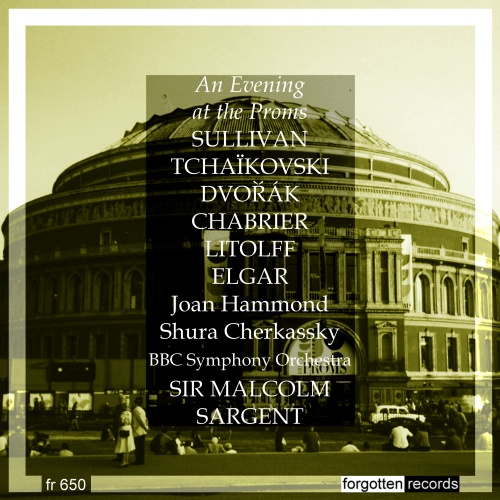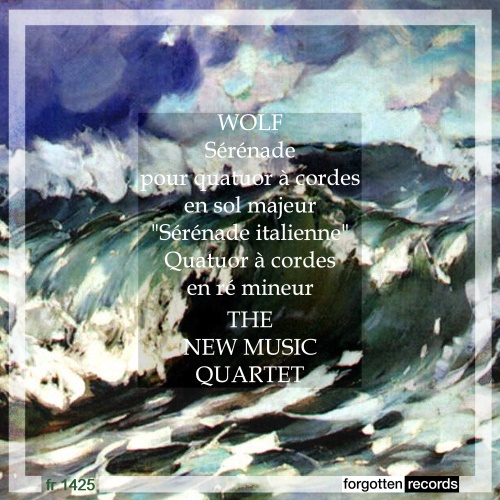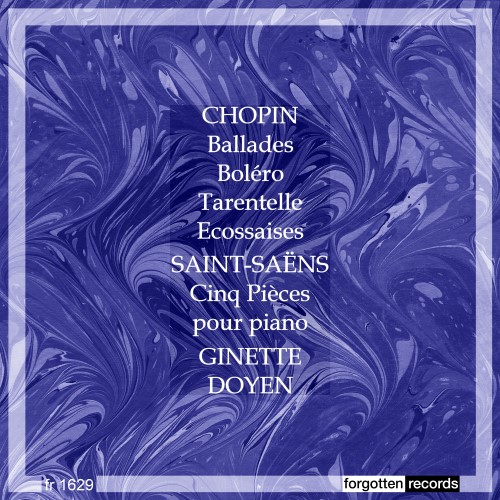In two different ballets, Pyotr Il’yich Tchaikovsky added in a set of national ballets. In The Nutcracker (1892), part of Clara’s entertainments in the Land of Sweets at the Palace were a set of national dances depicting where sweets came
Forgotten records
The long slow fall of the French monarchy during the French Revolution had several highlights, starting with the Storming of the Bastille. Next the French Guards mutinied, and the royal family was forcibly moved from the palace at Versailles to
Best-Known Chopin Music: Nocturnes for the Piano At age 20, Frédéric Chopin composed one of his best-known nocturnes for the piano, the iconic Chopin music. Nocturnes were brief piano works that were inspired by the night. It was Chopin who
Bedřich Smetana (1824-1884) synthesized his native Czech music with the larger Classical tradition. He’s best known today for his opera The Bartered Bride and his massive 6-part symphonic poem Má vlast. Smetana was the 11th child of a brewer who
French composer Lili Boulanger (1893-1918), younger sister to the famous composer and teacher Nadia Boulanger (1887-1979), was ill most of her short life, but at her death, age 24, she had achieved much that would change modern French and international
The same year composer Arthur Sullivan (1842-1900) met dramatist W.S. Gilbert (1836-1911), he wrote his Overture di Ballo, which, as one scholar suggested, might be better titled A Dance Overture. Before his famous collaboration with Gilbert, Sullivan was an up-and-coming
The Austrian composer Hugo Wolf (1860-1903) was a superb song composer, bringing the late Romantic lied into the modern age and, with it, imbuing the lied with a new conciseness that was more a hallmark of Schoenberg’s Second Viennese School.
Camille Saint-Saëns (1835-1921) made his piano recital debut at age 10, audaciously telling the audience that he would perform any one of Beethoven’s 32 piano sonatas as an encore. Liszt considered him as the greatest organist on earth. Over some

